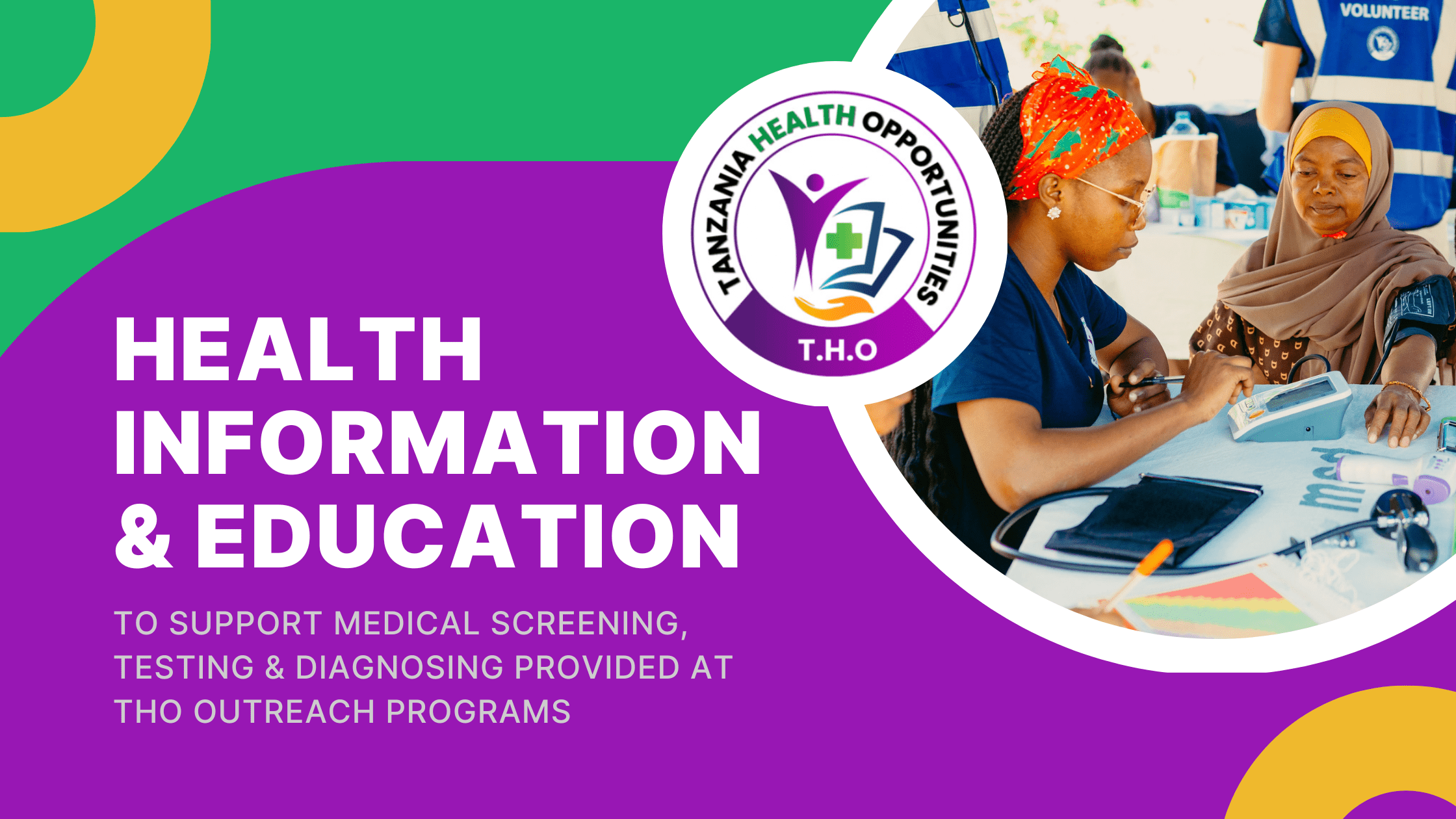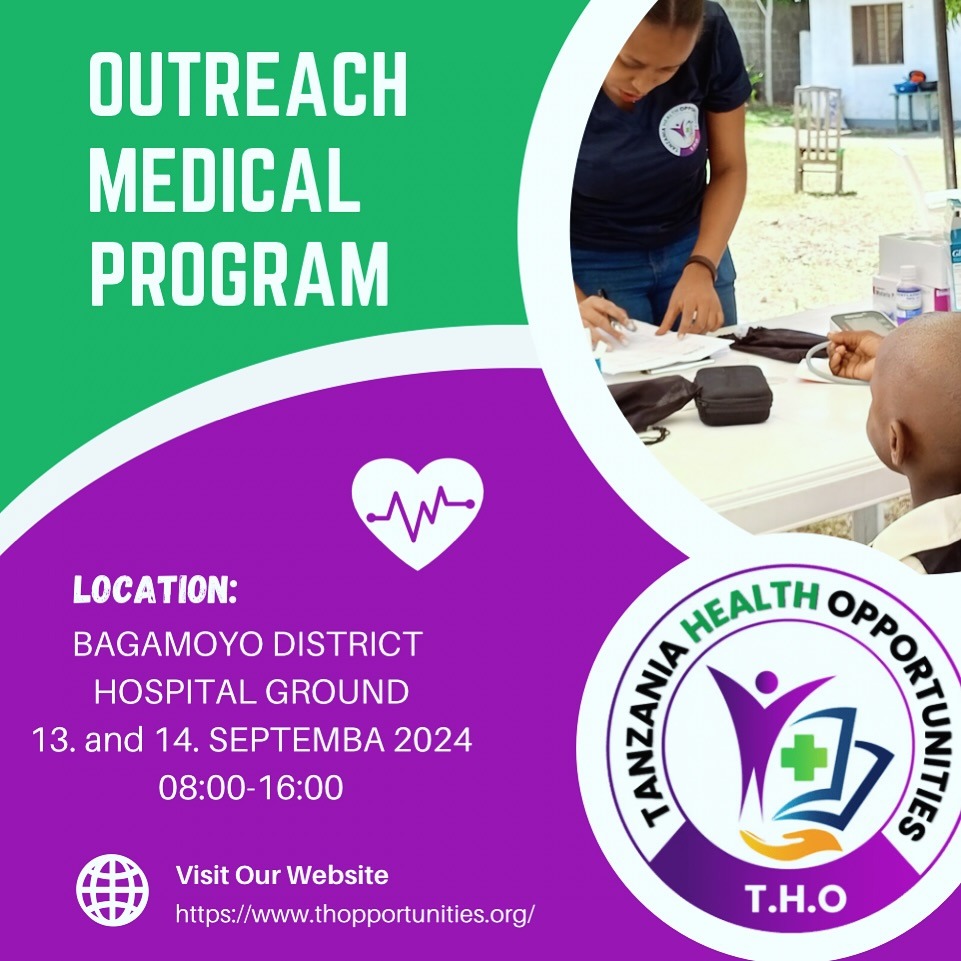Understanding Diabetes Mellitus: Types, Symptoms, and Prevention
Diabetes mellitus (DM) is a chronic condition where the body either can’t produce enough insulin or can’t use it effectively. Insulin, produced by the pancreas, is crucial for converting sugar (glucose) into energy. Without enough insulin, glucose accumulates in the blood, leading to high blood sugar, also known as hyperglycemia.
Learn more about diabetes from the World Health Organization.
Types of Diabetes
There are three main types of diabetes, each with different causes and characteristics:
-
Type 1 Diabetes: The pancreas doesn’t produce insulin, often due to genetic factors. It usually develops in childhood or adolescence and requires lifelong insulin therapy.
-
Type 2 Diabetes: The body either doesn’t produce enough insulin or becomes resistant to its effects. This form of diabetes typically develops gradually and is often linked to lifestyle factors. It can sometimes be prevented or managed through diet and exercise.
-
Gestational Diabetes: Occurs during pregnancy and increases the risk of complications for both the mother and the baby. Women with gestational diabetes are more likely to develop Type 2 diabetes later in life.
Reducing the Risk of Diabetes
Taking steps to prevent or manage diabetes is crucial for maintaining overall health. Some effective strategies include:
- Maintain a healthy weight: Being overweight significantly increases the risk of Type 2 diabetes.
- Eat a balanced diet: Focus on whole foods, lean proteins, and healthy fats.
- Stay physically active: Regular exercise can improve insulin sensitivity and help maintain healthy blood sugar levels.
- Limit alcohol and tobacco use: Both can contribute to the risk of diabetes and its complications.
- Monitor blood pressure: High blood pressure can further increase the risk of developing diabetes.
Symptoms of Diabetes to Watch For
If you’re at risk for diabetes or have already been diagnosed, it’s important to be aware of the key symptoms:
- Increased thirst
- Frequent urination
- Unexplained weight loss
- Excessive tiredness
- Constant hunger
- Blurred vision
If you notice any of these symptoms, it’s important to consult a healthcare provider promptly. Early diagnosis and treatment are essential to managing diabetes effectively.
Complications of Poorly Managed Diabetes
Without proper management, diabetes can lead to a range of serious health issues, including:
- Heart attacks and strokes
- Kidney failure
- Blindness
- Poor circulation, which can result in amputations
- Weakened immune system and slow wound healing
- Increased risk of skin infections
Managing diabetes involves adopting a healthier lifestyle, following a balanced diet, and taking prescribed medications. Never stop taking medication without consulting your doctor, and always seek medical advice if you are unable to access your medication.
Conclusion: Take Control of Your Health
Diabetes is a manageable condition when diagnosed early and treated properly. By maintaining a healthy lifestyle, staying active, and following medical advice, you can reduce your risk of complications and lead a healthier life. Regular checkups and monitoring are key to managing diabetes effectively.








